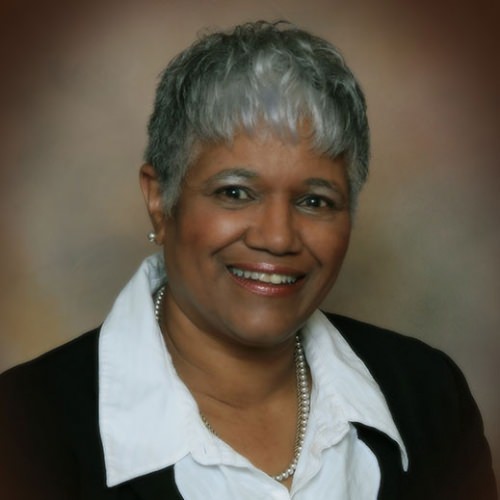Conference on child sexual abuse addresses growing problem of abusive images
MADISON — There’s a new threat to children called “sextortion,” a byproduct of the digital age. Child protection workers will learn to manage this growing problem at the University of Wisconsin–Madison’s Conference on Child Sexual Abuse, Oct. 31 through Nov. 2 at Madison Marriott West in Middleton, Wisconsin.
Sextortion is a form of child sexual exploitation involving abusive images. Offenders capitalize on advances in information and communication technology by using these images to blackmail children.
Forensic pediatricians like Sharon Cooper find sextortion a particularly difficult obstacle when interviewing children about possible abuse.
“If a child is abused, and images are made of that abuse, the child will likely not tell a forensic interviewer about it,” says Cooper, the CEO of Developmental and Forensic Pediatrics in Fayetteville, North Carolina. “Guilt, self-blame and shame are barriers to their disclosure.”

Sharon Cooper
Cooper will explore strategies for dealing with new forms of online victimization at the conference, which provides the latest information on treating, assessing and preventing child sexual abuse.
For 32 years, UW–Madison has offered the conference for therapists, attorneys, law enforcement officers and medical professionals, among others. Featuring university faculty as well as practitioners from around the country, it includes 36 new institutes and workshops on a wide range of topics, such as neurosciences and play therapy, forgiveness as a pathway to healing, and mindfulness-based cognitive therapy for children.
“We are fortunate to have top practitioners from across the country join us in Madison to discuss the most current evidence-based treatments related to this challenging and traumatizing issue,” says James Campbell, conference co-director and associate dean of program and partnership development with the Division of Continuing Studies at UW–Madison.
Cooper was selected by Newsweek as one of the “150 Women Who Shake the World.” She holds a faculty position at the University of North Carolina at Chapel Hill School of Medicine and serves on the board of the National Center for Missing & Exploited Children.
At the Conference on Child Sexual Abuse, Cooper will present “Not Just Pictures: What We Know About Online Victimization,” drawing on her interviews with abused children. She’ll explain how images of abuse lead to complex trauma and prevent children from disclosing information. She will also speak on “Expert Witness Testimony in Sex Trafficking,” exploring the effect of trafficking on victims.
“In this profession we are accustomed to dealing with the effects of child sexual abuse,” Cooper says. “But now we must learn to deal with the effects of people who photograph themselves while abusing children.”
Cooper’s presentations will help conference attendees come to grips with one of the biggest challenges in their field.
“We want to keep information and communication technology pornography from becoming the addiction of the 21st century,” she says.
For more information, visit http://continuingstudies.wisc.edu/conferences/child-sexual-abuse/.



